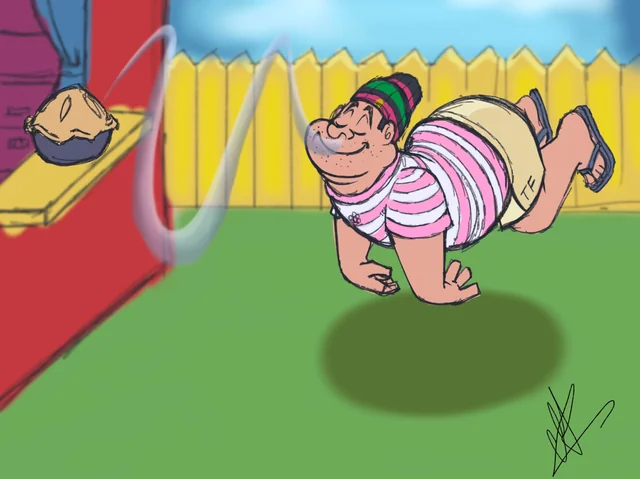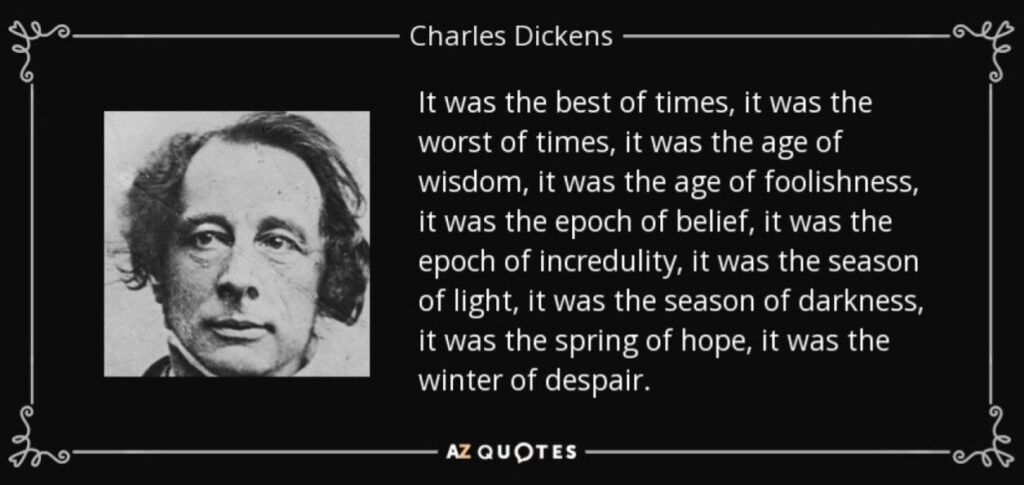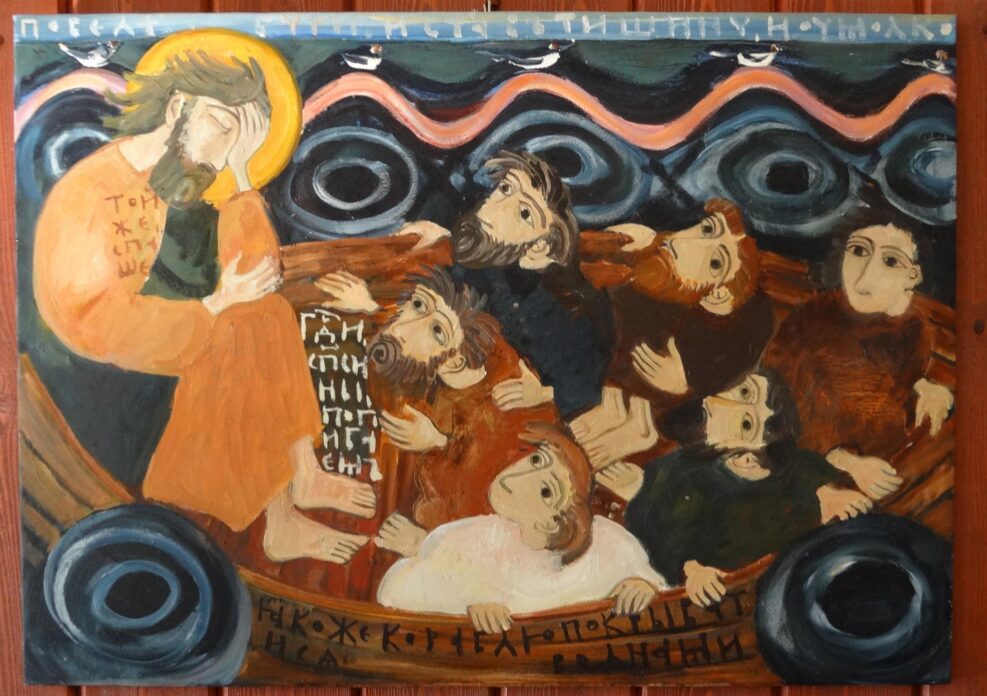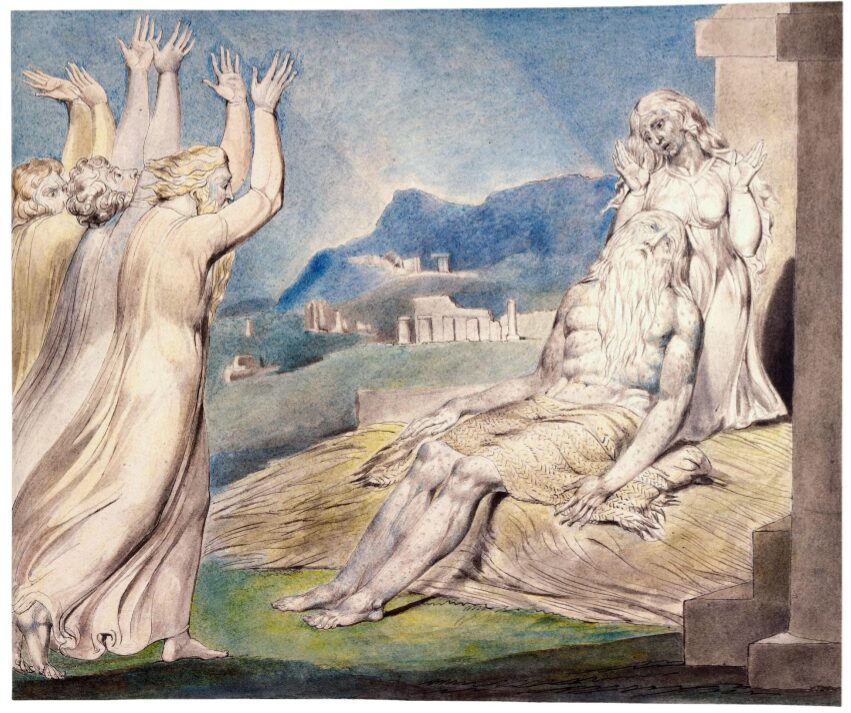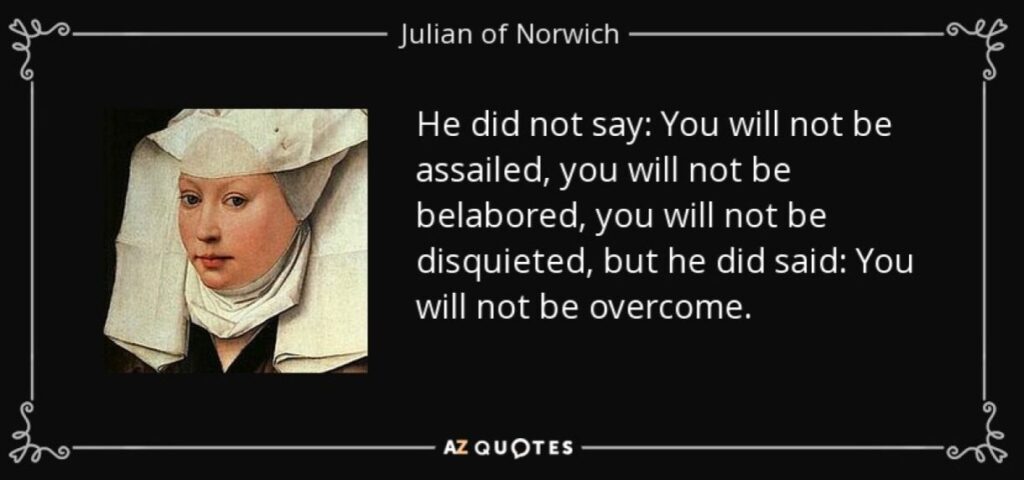What Needs to be Different?
Today, we’re going to do something a little bit different, and I’m going to start the sermon with a guided meditation.
I want you to have an experience as best we are able of the transfiguration. I invite you to get yourself into a comfortable position. You can focus on the picture, or you can just close your eyes and listen to my words. As I recount some of the scripture and invite you into some questions.

Recently, Jesus had called the disciples together and given them the power to cast out demons and heal the sick. Then he sent them out and they had been so successful as they came back. You were standing nearby within listening range and you heard Jesus ask them, “who did they think he was?” Peter said “he was the Messiah of God.” But then Jesus got very stern with them and told them that they needed to pick up their cross and follow him. What do you make of this scene? Do you think Peter was right?
About a week later, you see Jesus and his disciples talking again. But this time, he walks away from the group with Peter, James, and John. You decide to follow them and they start going up a mountain. So you go too, but at a distance, so as not to be noticed. You’ve heard that Jesus often goes up into the mountains to pray, but you wonder why they didn’t all go. How do you feel while you watch them? Do you wish you were closer, or are you glad you’re further away?
Then they stop, and Jesus begins to pray. Peter, James, and John are praying too, but they could be sleeping. It’s hard to tell. So you sit quietly when you notice something odd about Jesus’ face and clothes. It is as if light is coming from within him. Not just having the sun shine on him, but he is becoming so brilliant that you can hardly look at him. So, you look at the disciples. They’re awake now, for sure. On each side of Jesus, there’s a figure. The one on the left appears to be Moses, and the one on the right looks like Elijah. How do you feel in this moment? What are you thinking?
Peter must feel like it’s another Exodus moment, as he suggests that they build booths, like they do at Sukkah and celebrate. But Jesus dismisses this idea quickly. Poor Peter. He’s wrong again. You know how that feels. You think of the times when you have misunderstood a situation and you wish you could go back and change what you said.
Then a cloud moved across the mountain and covered everyone. You are in the thickest fog you have ever seen. You cannot see anything else. And then you hear a voice. A voice that says, “This is my son, the beloved. Listen to him.” Whose voice is that? Could it be God’s? Did you just hear God’s voice speaking? How do you feel? Are you scared, questioning, or excited?
When the clouds pass by, you realize it is only Jesus and the disciples. Now Moses and Elijah are gone and they begin wandering down the mountain silently. You are wondering how this will change them. How has it changed you? Are you inclined to tell anyone about this? Does anything in your life need to be different?
As you are able and ready, I invite you to open your eyes and come back to the present. Because that mountaintop experience has ended. And now, the work begins.
When they came down from the mountain, they were encountered by this family. This family that is hurting. This family that needs help. What the Father says to Jesus is that I brought my son to your disciples, and they could not help him. This story follows the transfiguration in all three of the Synoptic Gospels, Matthew, Mark, and Luke. That means this was a significant event, and these two stories have to be together.
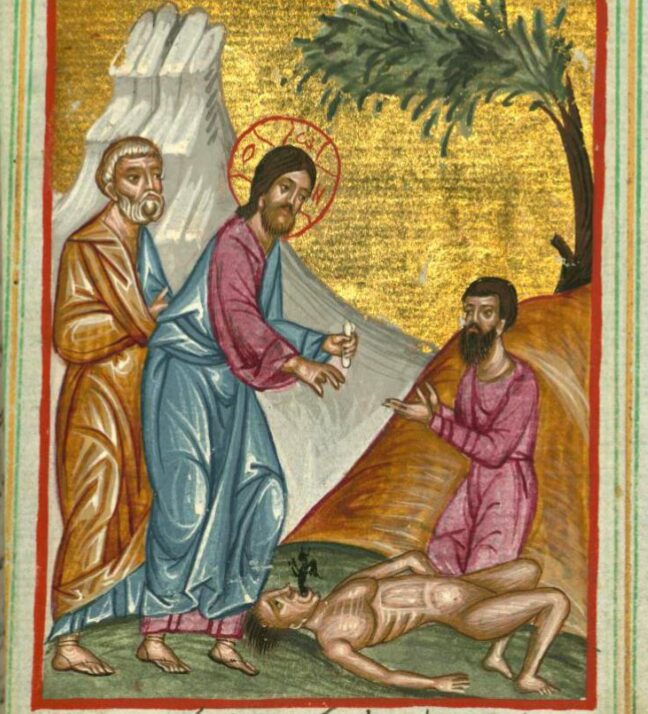
We get the transfiguration and then we get this healing story. It doesn’t say that the disciples wouldn’t help or didn’t want to help. It says that they couldn’t. I had to sit all week with why not? Why couldn’t they help? If you remember, or if you heard it at the beginning of the meditation, I reminded us that Jesus had given them the power to heal, to heal illnesses and to cast out demons. So they have the ability. But why couldn’t they do it now?
The answer that I came up with is that they were unsure of themselves. They didn’t have the confidence that they initially had when Jesus sent them out because nothing else had changed except Jesus had gone away for a day, but that wasn’t unusual for him to go away and pray. They still should have had that ability. But I wonder if they were scared, and they didn’t have the confidence that they could still do all these amazing things.
Actually, I found myself almost beating up the disciples this week. I was getting pretty judgmental about them. What else do they need? What more do they need from Jesus? He already gave them the power to do this, and now they can’t? But then I had an experience on Friday morning.
Some of you know that there’s a group of us that walk dogs and we were at a field and from a distance, we saw this black thing at the edge of the field by the forest.
Didn’t know what it was. It was hard to tell. Another friend, her dogs were there, and they were barking like crazy at this thing. The dogs tend to get upset when something is out of place. Even a snowman they’ll rush up and bark at a snowman because it’s out of place. Or if somebody moves something, if the school puts something new on the field, they’re barking at it because that’s not where it belongs. They were barking like crazy at this black thing that kind of looked like a log, but we were unsure.
As we were approaching and passing, it began to move. And I realized what it had been, it was a person in a sleeping bag who had slept there. They were coming out of the bag, and they just started screaming at me. I don’t know if it was a different language, but it scared me.
After that, I thought maybe that’s what it was for the disciples, that they were just scared. They knew what Jesus had given them. They knew the power that they had, but they became scared because sometimes life frightens us and we want to retreat. We want to say there’s too many bad things going on, and I just want to crawl in my hole. Let me have the sleeping bag. Let me go in this sleeping bag and put the rest of the world out and shut everything else out, because that’s the only place that I’m safe.
But that’s not who we’re called to be.
We’re called to be the light. That shines in the darkness. We are called to be the voice of love and compassion. We are called to be helpful, thoughtful, and kind. Not just our kids. That goes for us, too. Right now, there’s not a lot of helpful, thoughtful, and kindness going around. We see a lot of other things.
There was an 11-year-old girl in Texas who took her life this week because her friends at school were telling her that ICE was coming to take her parents away from her, and she couldn’t deal with the possibility. She thought it was better for her to take her life.
It’s time for us to think about what we are saying to the children about the messages we are sending. Are we about love and compassion and grace? That’s who Jesus asks us to be. That’s, that’s the call on our lives.
The children are watching. What are we saying to them? What are we teaching them by our actions and our words?
